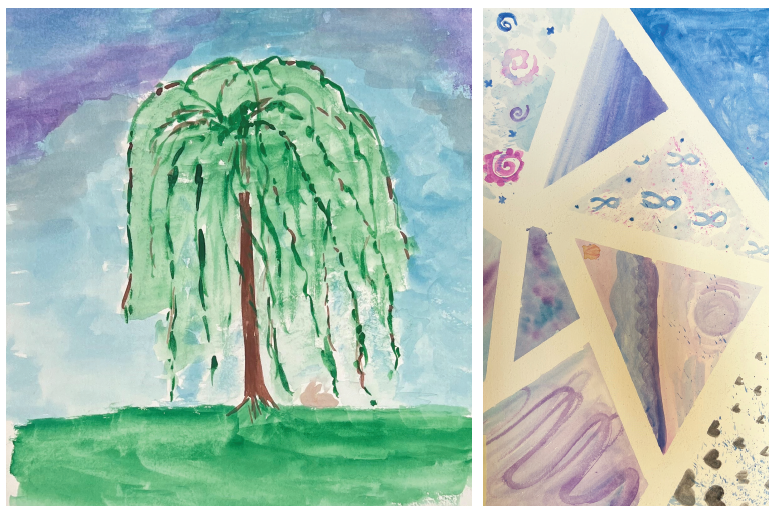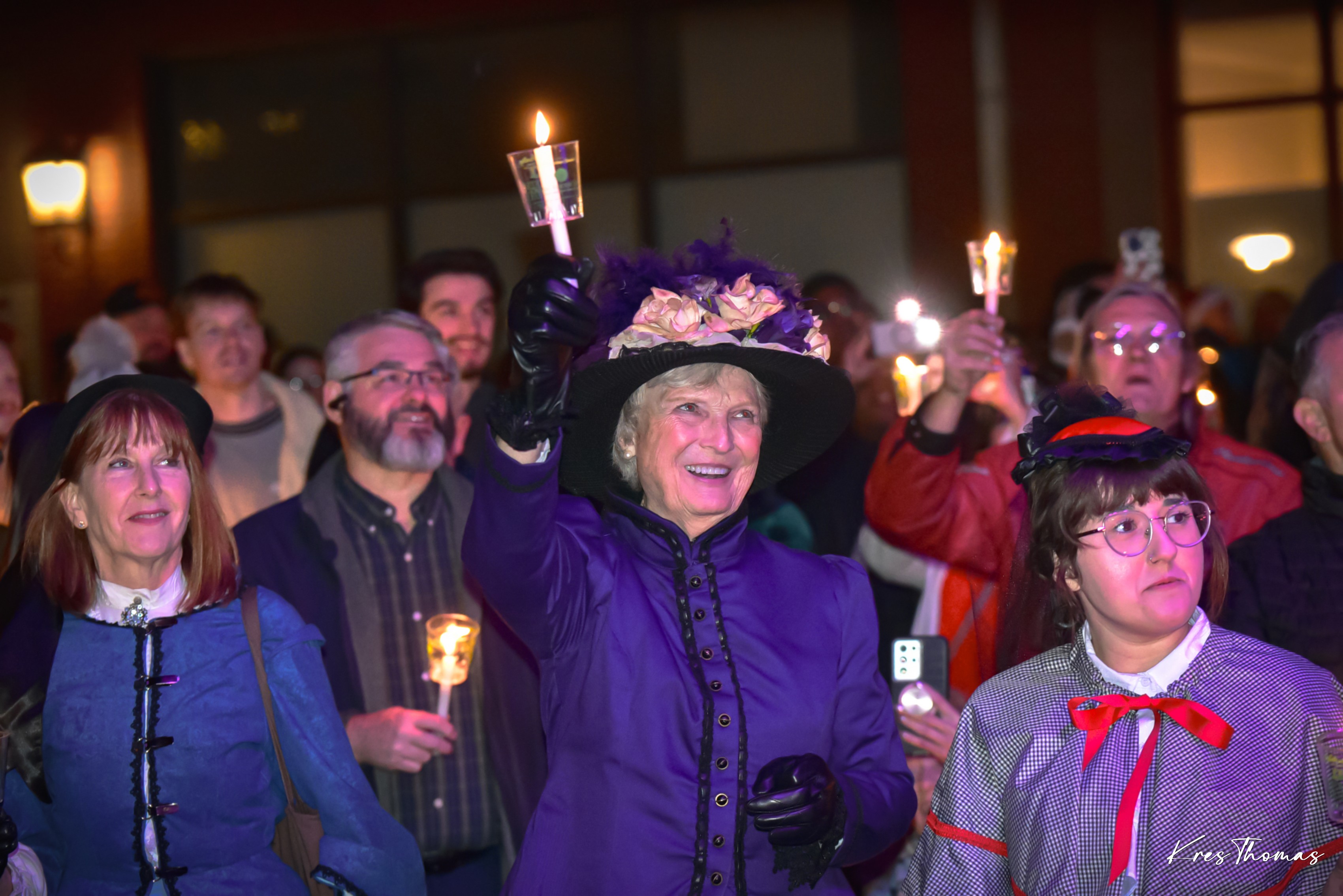
Blending creativity with clinical care, art therapy offers measurable benefits for patients—and a competitive edge for hospitals.
In the often highly technical sphere of modern healthcare, Cape Fear Valley Health System has found an unexpected catalyst for both clinical and business success: art therapy.
With the support of a $15,000 grant from the Arts Council of Fayetteville/Cumberland County, the weekly art therapy program has received high patient satisfaction ratings, showing an increase in feelings of well-being.
“People feel much better after the art therapy sessions,” says Justin Vann, a recreational therapist who helps coordinate the art therapy program at Cape Fear Valley Health’s inpatient behavioral health unit.
“Art therapy helps with releasing dopamine and reducing stress levels,” Vann explains. “It allows patients to be creative and express themselves in a way that’s not verbal, without having to have the words for it.”
For patients in behavioral health settings especially, this can be transformative. Traditional talk therapy sometimes hits barriers; art therapy opens alternate paths to emotional breakthroughs that support mental health, treatment compliance and even physical rehabilitation outcomes.
Vann notes that the sessions help patients “channel their inner child” and rediscover simple joys often lost during hospitalization. That sense of play and self-expression can relieve stress and foster a positive environment for healing—factors increasingly linked to faster recovery times and improved overall outcomes.
The generous support provided by the Arts Council grant reflects how community partnerships can strengthen the health systems’ service offerings as well as its brand. In competitive markets where patients have choices, Cape Fear Valley Health demonstrates a commitment to whole-person care that sets it apart.
The return on investment of the program is excellent. The program operates efficiently: weekly group sessions serve multiple patients at once, allowing participants to attend as often as they wish while building supportive peer connections. Meanwhile, the cost-per-patient served for recreational therapy is remarkably low compared to many clinical interventions.
While the program requires minimal costs, patient satisfaction gains can translate into strengthened partnerships and community reputation. Given that Hospital Consumer Assessment of Healthcare Providers and Systems (HCAHPS) scores can shift Medicare reimbursements, this is no small achievement.
As the healthcare landscape continues to evolve, Cape Fear Valley Health’s Art Therapy Program shows how local hospitals can offer more than medical treatment alone—by incorporating a whole-person view of the patient and treatment options that invite patient participation.
Art therapy and other forms of recreational therapy can create spaces where patients feel more free to express themselves and progress
on their healing journey that goes beyond charts and lab results.
For families across the region, programs like art therapy reflect Cape Fear Valley Health’s broader mission: to bring compassionate, innovative care to the community it serves. It’s a reminder that healing happens in many ways, and sometimes the simplest tools—a paintbrush, a piece of paper, a safe space to create—can make the biggest difference.
Cape Fear Valley Health cancer patients meet every Wednesday from 1:30 p.m. – 3 p.m. at the Cape Fear Valley Cancer Treatment & CyberKnife Center on Owen Drive in Fayetteville.
For more information on the art program, call (910) 615-4626.

Smith Douglas Homes has launched its notable development called Cape Overlook, a 63.95-acre subdivision situated on the Cape Fear River near Wildlife Road.

Walsingham Group Inc., an organization federally recognized for its efforts and emphasis on hiring Veterans is partnering with local and national organizations to recruit, hire and retain Veteran talent. Photo generated using Canva AI.Walsingham Grou

Costumed actors will roam the streets, carriage rides will guide visitors throughout and the traditional candlelight processional and illumination ceremony will be included at this year’s A Dickens Holiday. Photo provided by A Dickens Holiday, taken